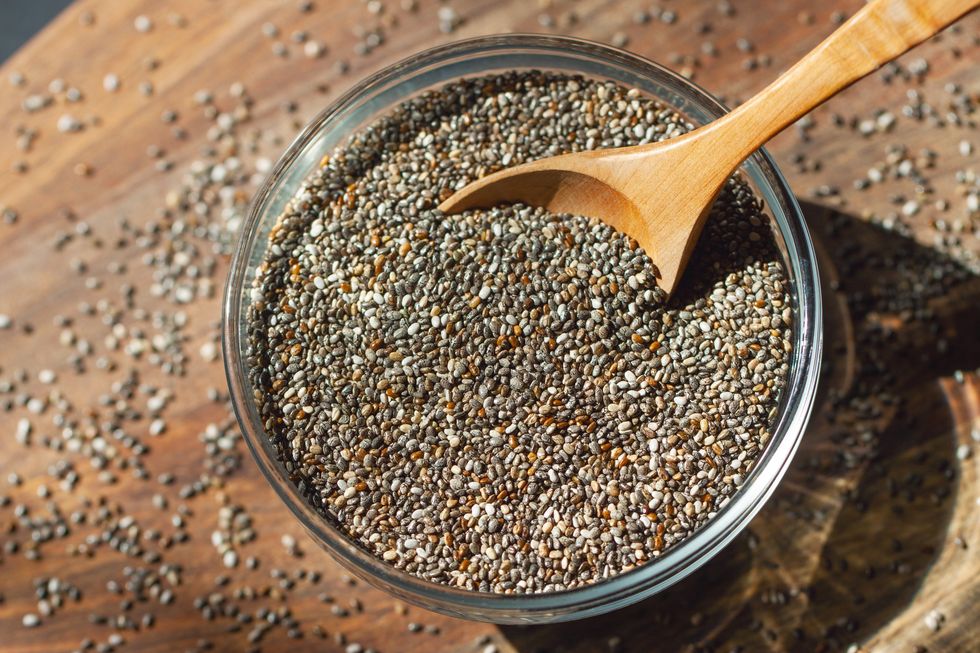How to look younger: Top foods for youthful skin backed by science - contain 3 crucial vitamins

Best skin care routine
|
Dietary choices may counter several of the changes associated with ageing, a new review has suggested
Don't Miss
Most Read
There is overwhelming evidence that diet influences skin ageing, both positively and negatively, and new scientific findings have provided a comprehensive guide to the best ones.
The latest review, published in Food Science & Nutrition, confirmed that antioxidant-rich foods slow skin ageing, while diets high in sugars and trans fat had the opposite effect.
On closer inspection, however, it was noted that those containing vitamins A, C and E were among the most efficient.
The skin makes up about 15 per cent of an adult's body weight and serves as a protective barrier. It consists of three layers: the epidermis, dermis, and subcutaneous tissue.
Together, these layers shield against physical damage, ultraviolet radiation and infections.

A balanced diet is crucial to ensure optimal function of the skin
| GETTYWhile skin ageing results from both internal and external factors, intrinsic ageing naturally occurs over time, reducing collagen production and skin cell renewal.
Environmental stressors like UV radiation, pollution and poor diet cause extrinsic ageing.
Oxidative stress plays a central role in ageing because it damages skin proteins and triggers inflammatory pathways that break down collagen.
Fortunately, diet can counter several of these changes, giving it a critical role in maintaining skin health. Researchers noted that antioxidants like vitamins A, C and E were particularly efficient at combating oxidative stress and reducing inflammation.
Vitamin C supports collagen production, while omega-3 fatty acids from chia, flaxseed and fatty fish improve skin barrier function. Vegetables, fruits, nuts, fermented foods and whole grains are among the healthiest choices for skin.
In contrast, excessive sugar and unhealthy fats produce advanced glycation end products (AGEs) that damage collagen and accelerate ageing.
Trans fats found in processed snacks and margarine are particularly harmful to skin health, while refined carbohydrates, low water intake and excessive alcohol consumption also negatively impact skin structure and appearance.
LATEST DEVELOPMENTS

Omega-3 fatty acids from chia seeds improve skin barrier function
| GETTYThe review highlighted the rise of "nutricosmetics" and functional foods designed to support skin health from within. This includes foods fortified with bioactive compounds and dietary supplements such as collagen peptides, hyaluronic acid, vitamins and minerals.
These products are increasingly popular as part of holistic beauty and skin care strategies.
The analysis builds on previous evidence that diet is one of the most practical and effective interventions available to support skin health and delay ageing signs.
Researchers maintain that more studies are needed to clarify how different diets affect skin ageing, however, especially considering individual differences.










